How Well Do We Know People In Our Community?
Keryn Banks
Keryn was brought up at Mangatoetoe, an exceedingly small settlement east of Ngawi. The coast was a playground, perfect for motorbikes, with the added delight of a waterhole which lay below the ford. If it was too shallow a bulldozer would ensure it was safe for swimming.
“The school bus would pick us up from Ngawi and take us to Pirinoa School. Then I attended Wairarapa College as a boarder, before going to Victoria University where I took a double degree in Commerce and Tourism.
“After working for a year in The Beehive for Hon George Hawkins, the of Minister Internal Affairs and Police, I went overseas.
“London was not my city of choice. Manchester was the first port of call. I lasted a year. In Manchester there were few green spaces, and a sea of endless concrete.
“Seeking fresh air and outdoor spaces I moved to Glasgow, working firstly for the Royal Bank of Scotland before taking a job with Christian Aid, where after a period of time I took on a Funding Management position. Opportunities came to travel to see projects in action, in India, Malawi, Zambia, Bangladesh. My role was to check on the progress of development, provide support with finance and compliance, and report back to the donors.
“In Malawi, the project was twofold. The aim was to improve the maternal health of women, educate them about HIV and encourage livelihood farming. Access to fresh water was another prerogative. With a changing climate food production needed to encompass new practices. Rice production worked well.
“In India, the project we were supporting was in an extremely remote area, East Odisha. The community was marginalised as Untouchables. Women undertook the farming.
“In Bangladesh, the community was largely Hindu. Compromised during the partition of India and Pakistan they were unable to move to other areas. We worked with women farmers in two areas, in Khulna with Hindu women dairy farming, and in Gaibanda, where they live on river islands. Homes are subject to flooding. The river constantly changes direction. But the nutrients from the floods provide fertile soils, ideal for growing chillies.
“Then Covid struck. Living in a small apartment with my husband and two-year-old was daunting. New Zealand beckoned. Who wouldn’t want to return to sunshine, and greater freedom?
“I am now working for Save the Children, as an International Programme Manager.
We have a portfolio of 15-20 projects spread across the Pacific and Southeast Asia. These are a mix of development and humanitarian. I am responsible for 10 projects in Nepal, Bangladesh, Cambodia, Fiji, Solomon Islands and PNG to name a few.
“In Bangladesh where I am due to travel in February, an educational project supports children of sex workers, who were denied access to mainstream schools. A school was built on the premises by a local NGO and has been running successfully for many years. “The children who attended are now teachers, electricians, technical workers, hospitality industry workers and some even work for Save the Children. Providing education and access to healthcare from early childhood through to secondary school for these children has been very rewarding.
“The thing I love most about my work is that the monetary donations of others can create such positive change, completely altering peoples’ lives. It is so uplifting.
“Martinborough? Well, with its open spaces and fresh air who could ask for more?”

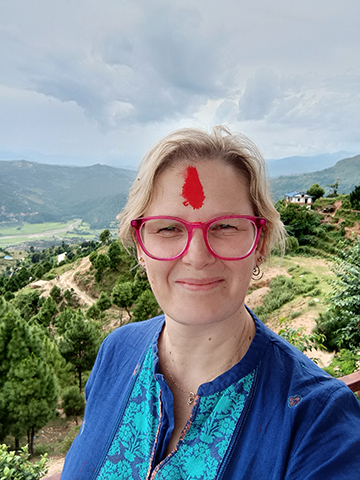
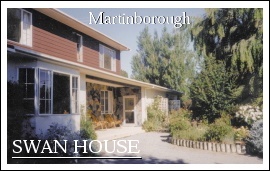


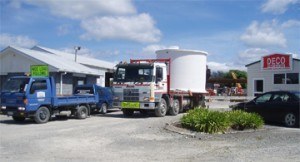
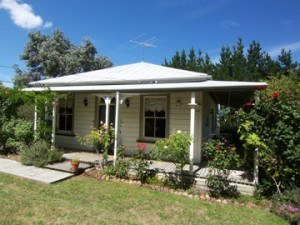
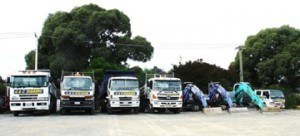
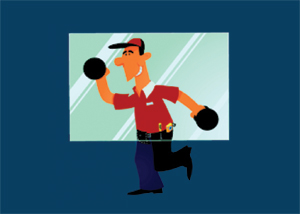
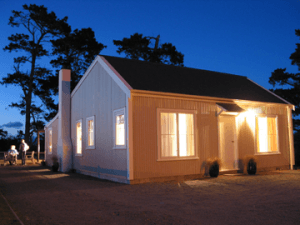
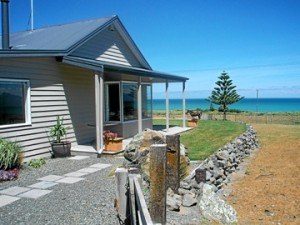
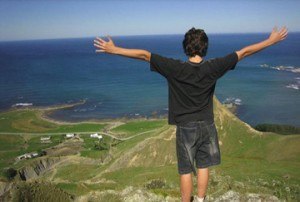

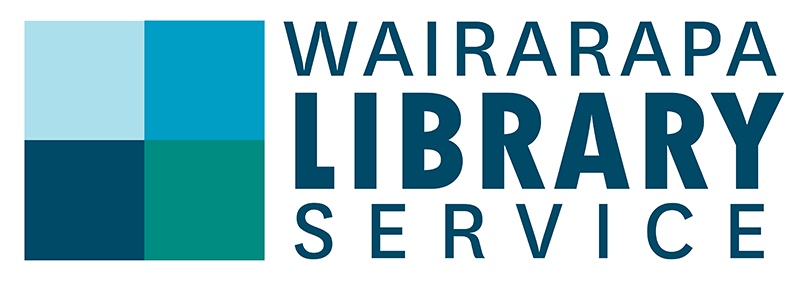
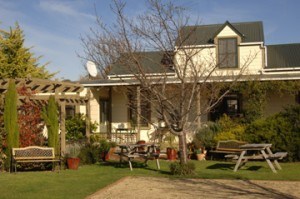
Recent Comments